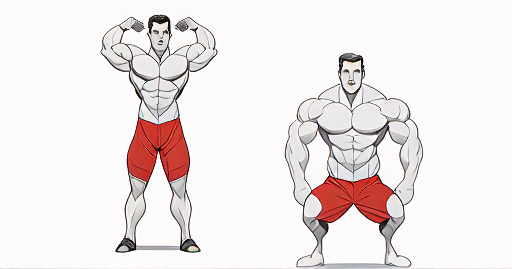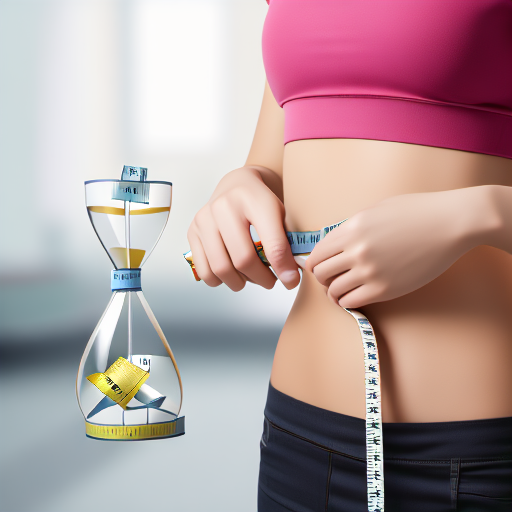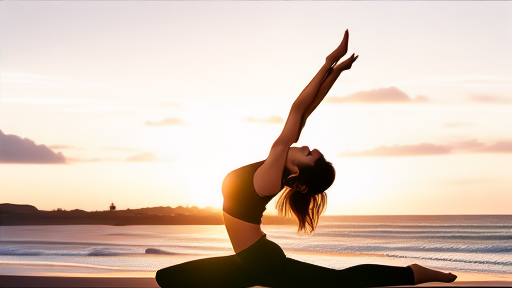How many squats can you do? They’re super popular these days. Personally, I can knock out 100 in a row with a super heavyweight—kidding! Don’t you just roll your eyes at those kinds of brags? All jokes aside, squats are a fantastic exercise with incredible benefits. Whether you’re a beginner or advanced, give one of the many variations a shot and see what works for you.

Or better yet, check out our list: 9 Reasons Why You Need to Do Squats!
Do squats help build stronger joints? Can they make physical tasks easier? Will they burn calories faster? Let’s dive in!
1. Builds Stronger Joints
Squats strengthen your hip, knee, and ankle joints all at once. Think of your joints as hinges or intersections where bones meet, allowing movement. Healthy joints are crucial for mobility, and squats, when done correctly, can reduce the risk of issues like damaged cartilage or arthritis.
For years, people worried that squats could harm their knees, but a 2013 analysis debunked this myth. Proper technique is key, so prioritize safety to avoid overloading your joints.
2. Helps Build Muscle
Squats engage multiple muscle groups: quadriceps, calves, hamstrings, abdominals, lower back, and glutes.
When you perform squats, your quads bear most of the load, your abs stabilize your posture, and your glutes engage as you rise. Proper form is critical—your knee angle determines which muscles are activated. Want toned quads and glutes? Pay attention to your squat form!
3. Assists in Weight Loss

While squats may not top the calorie-burning charts, they’re excellent for building muscle and shedding fat. The intensity of your workout (measured as the Metabolic Equivalent of Task, or MET) determines how many calories you burn.
For example, squatting at a high intensity (MET 8) for 25 minutes can burn up to 222 calories if you weigh less than 155 pounds. Even at a lower intensity, you’ll burn calories while building muscle—a win-win for your fitness journey.
4. Boosts Strength and Athletic Performance
Squats not only enhance your appearance but also improve functional strength. Athletes especially benefit from squats, as they enhance speed, jumping ability, and overall power.
A 2016 study on young male athletes found that 8 weeks of jump squat training significantly improved sprint speed, jumping, and strength. Whether you’re an athlete or just want better physical performance, squats can make a difference.
5. Improves Heart Health
Squats are more than a strength workout—they’re great for your heart too! The exercise’s intensity can help lower blood pressure, heart rate, and bad cholesterol. This reduces the risk of heart disease, stroke, and other cardiovascular issues, even at moderate intensity.
6. Strengthens Your Core
Dreaming of a stronger core? Squats can help. A strong core not only improves posture and balance but also makes everyday movements easier. Add squats to your routine for a stable, functional core.
7. Prevents Injuries
Ironically, squats—an exercise feared for potential injuries—can actually prevent them. By strengthening joints, tendons, and ligaments, squats reduce the risk of injuries, especially ligament tears common in sports. Just remember, proper form is non-negotiable.
8. Improves Flexibility

Flexibility becomes more critical as we age, and squats can help maintain it. While they stretch and strengthen muscles, remember to warm up before squatting, especially with weights. A 2017 study highlighted how high-intensity squats could decrease hamstring flexibility, so take precautions.
9. You Can Do Squats Anywhere
One of the best things about squats? They’re simple and require no equipment. Start with 20 squats a day and gradually increase as you build strength. For a real challenge, aim for 50 daily.
So, do you squat? Would you consider adding them to your routine after reading this
